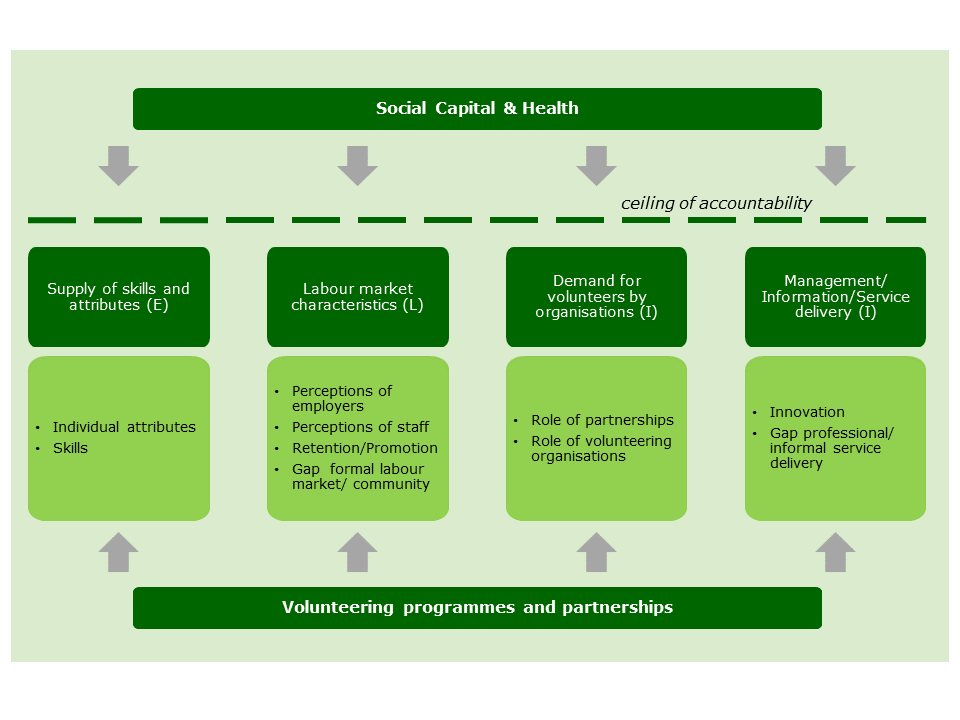Sign up to our newsletter Subscribe
Challenges and Solutions for Budget Impact Analysis of Gene Therapies

Sign up to our newsletter Subscribe

A new OHE Seminar Briefing by Chris Mullin, Chief Economist at the Department of Health, examines growth in expenditure on NHS agency staffing. We have just published Seminar Briefing 22, which summarises a seminar led by Chris Mullin, Chief Economist…
A new OHE Seminar Briefing by Chris Mullin, Chief Economist at the Department of Health, examines growth in expenditure on NHS agency staffing.
We have just published Seminar Briefing 22, which summarises a seminar led by Chris Mullin, Chief Economist at the Department of Health in the UK. The title of the seminar was ‘NHS Agency Staffing and the Impact of Recent Interventions’.
The NHS is one of the biggest employers in the world, with around 1.7 million staff across all NHS services. However, difficulty in predicting demand and the long lead time for training health care staff means that there can sometimes be a shortfall in available staff. This has made recruitment agencies and individual locum staff important suppliers of labour in the NHS.
Agency staff can attract high prices and be administratively expensive. Where agencies have significant market power, they may attract permanent NHS staff and put more pressure on local services. In the first six months of the 2015/16 fiscal year, year-on-year growth in agency spending reached 30% and the total bill was on track to reach £4 billion. In our Seminar Briefing, Chris explores some of the reasons for this increase in the use of agency staff.
Interventions – including ‘price caps’ – have been introduced to try to curb spending on agency staff. Speaking from his experience in designing and implementing these caps on agency rates, Chris describes the nature of these demand-side price caps and the context in which they were introduced.
The table below shows the price caps relative to equivalent NHS staff pay.
|
|
Junior doctors |
Other clinical staff |
Non-clinical staff |
|
Nov 2015 |
+ 150% |
+ 100% |
+ 55% |
|
Feb 2016 |
+ 100% |
+ 75% |
+ 55% |
|
Apr 2016 |
+ 55% |
+ 55% |
+ 55% |
Early indications suggest that the price caps were at least partially effective in reversing the growth in spending on agency staff, particularly for nursing staff. Data on agency nursing staff prices show a decline of about 18%. Our Seminar Briefing presents these and other key data sources that describe the impact. The experience of using price caps in the NHS may offer important lessons for other contexts in which agency staffing plays a significant role, such as in social care and education.
Read the full Seminar Briefing here.
An error has occurred, please try again later.
This website uses cookies so that we can provide you with the best user experience possible. Cookie information is stored in your browser and performs functions such as recognising you when you return to our website and helping our team to understand which sections of the website you find most interesting and useful.
Strictly Necessary Cookie should be enabled at all times so that we can save your preferences for cookie settings.
If you disable this cookie, we will not be able to save your preferences. This means that every time you visit this website you will need to enable or disable cookies again.
This website uses Google Analytics to collect anonymous information such as the number of visitors to the site, and the most popular pages.
Keeping this cookie enabled helps us to improve our website.
Please enable Strictly Necessary Cookies first so that we can save your preferences!
